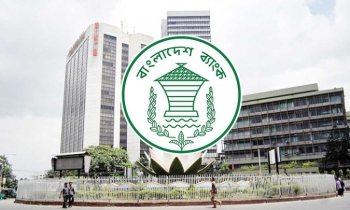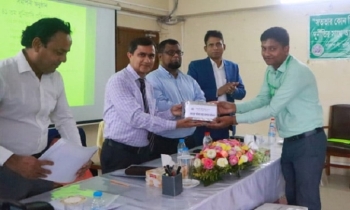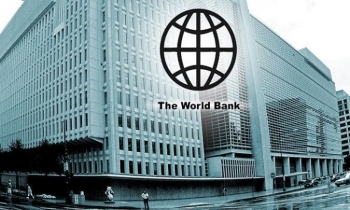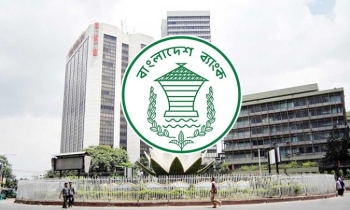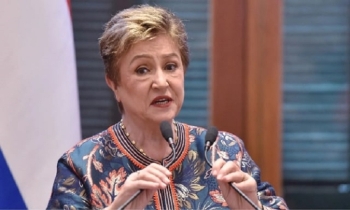No alternative to reform in country’s banking sector: Mansur
BI Report, Dhaka || BusinessInsider

Photo: Collected
Dr. Ahsan H. Mansur, a renowned economist and Executive Director of the Policy Research Institute (PRI), has emphasized the necessity of a banking sector reform program to tackle the increasing issues of non-performing loans (NPLs), liquidity and deposit crises, the current foreign currency reserve situation, and exchange rates.
"There is no alternative but to reform the country’s banking sector to improve the situation, and there is also a need for strong political will from the government in this regard," he stated.
Dr. Mansur made these remarks during a discussion titled "Reasons for the Bad State in the Banking Sector of Bangladesh," organized by the Economic Reporters' Forum (ERF) at its auditorium in the capital's Paltan area.
The discussion was presided over by ERF President Refayet Ullah Mirdha and moderated by its General Secretary Abul Kashem. Special Correspondent of the Daily Samakal Obaidullah Rony and Senior Reporter of the Daily Prothom Alo Sanaullah Sakib presented on the current state of the country's banking sector.
Dr. Mansur pointed out that although NPLs existed in the eighties, improvements were observed following the banking sector reform programs in the early nineties.
He expressed that it would not be possible to control inflation through 'out of the box' initiatives but rather by adhering to conventional policy measures.
"The interest rate has been made market-based, while the exchange rate has also been made market-based to some extent," he added.
The eminent economist suggested that printing money to make slightly nonfunctional banks operational is unnecessary and recommended halting incentives on inward remittances to help reduce inflation.
Dr. Mansur stressed the importance of increasing foreign currency reserves through appropriate policy measures.
He warned that without such measures, it would be challenging to manage the country's GDP, which exceeds $450 billion, with the current level of foreign currency reserves.

